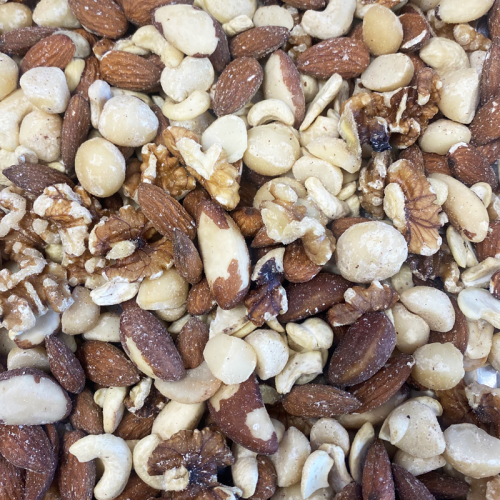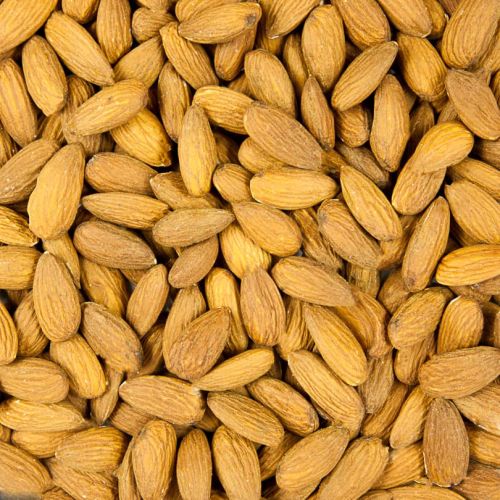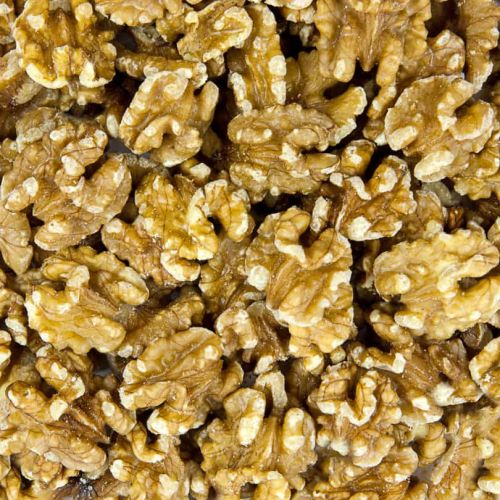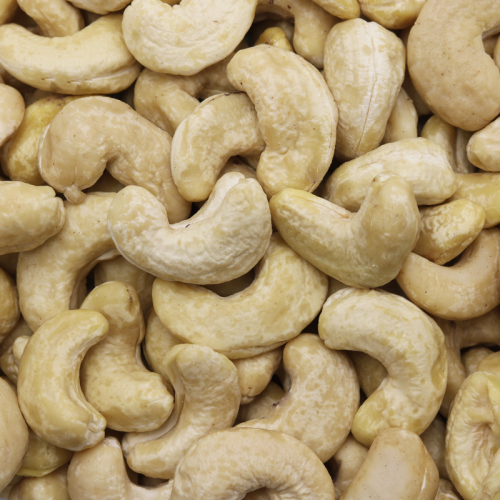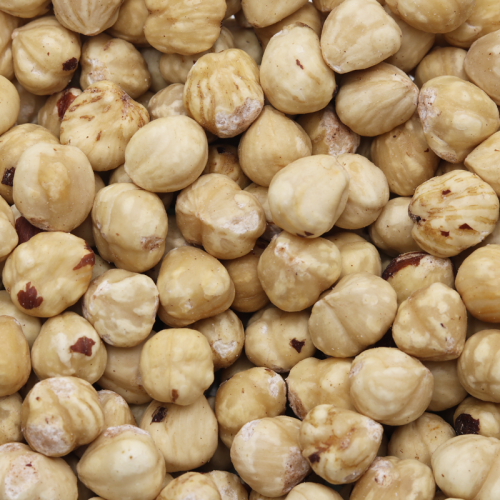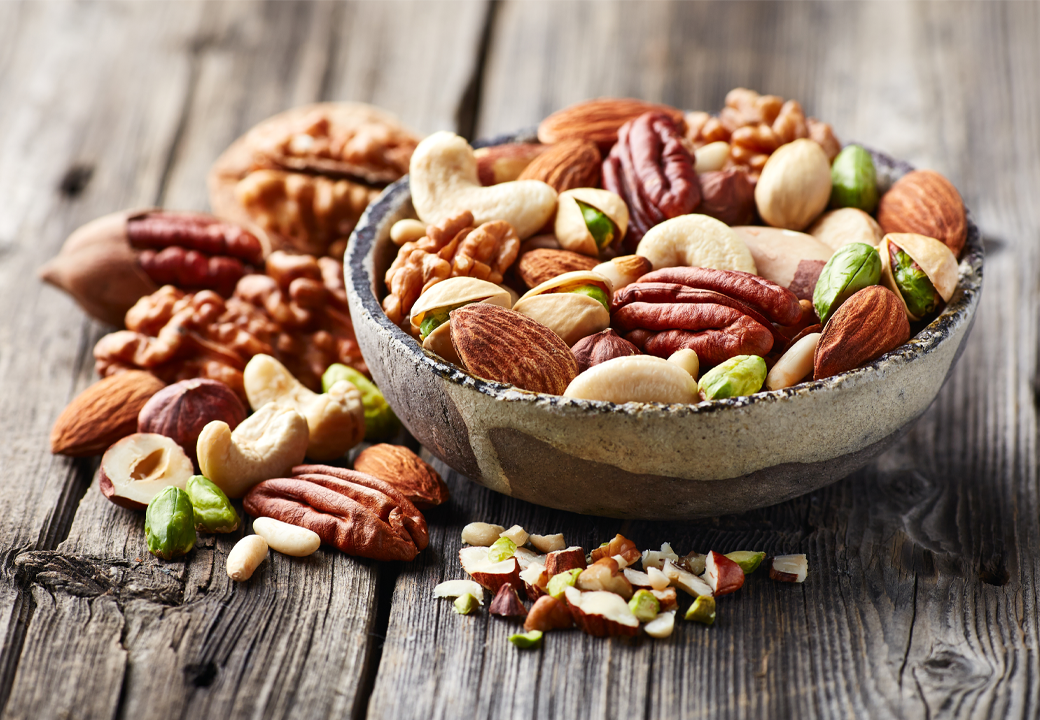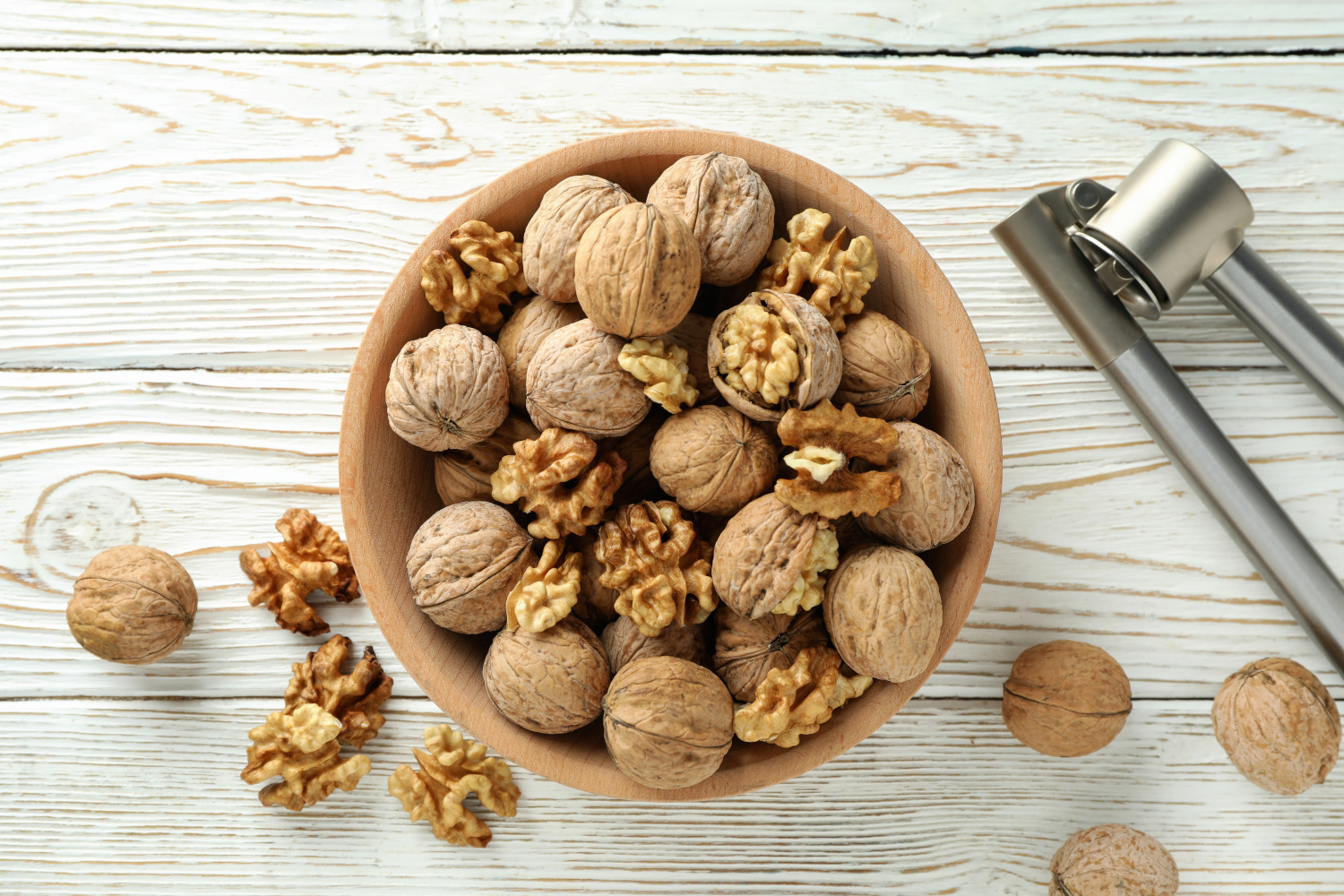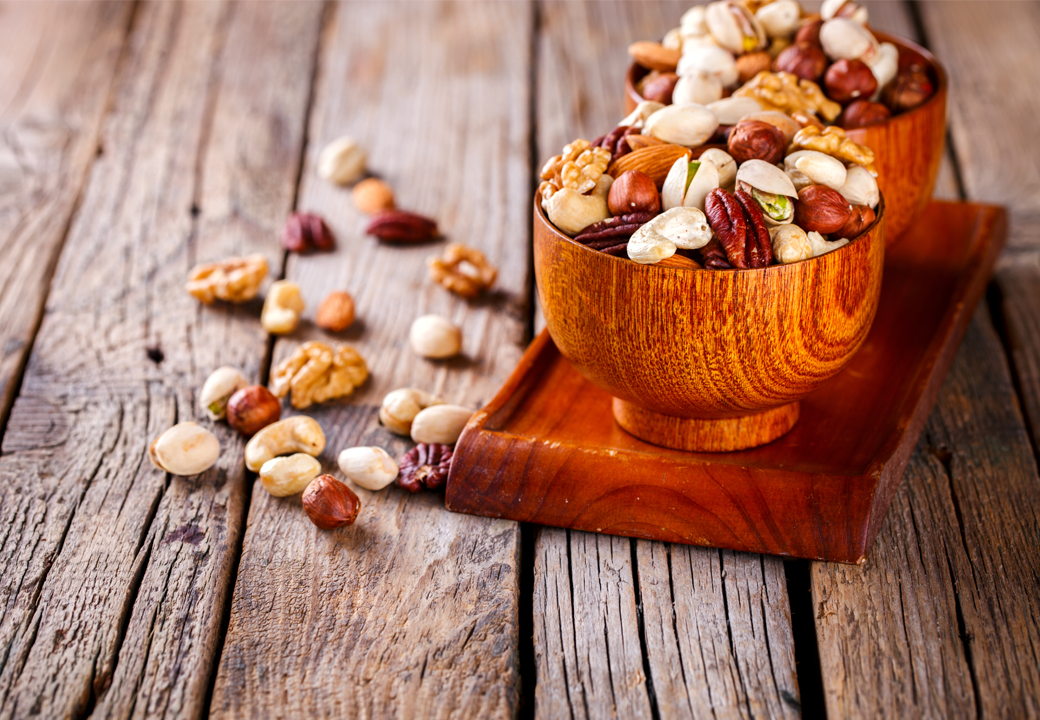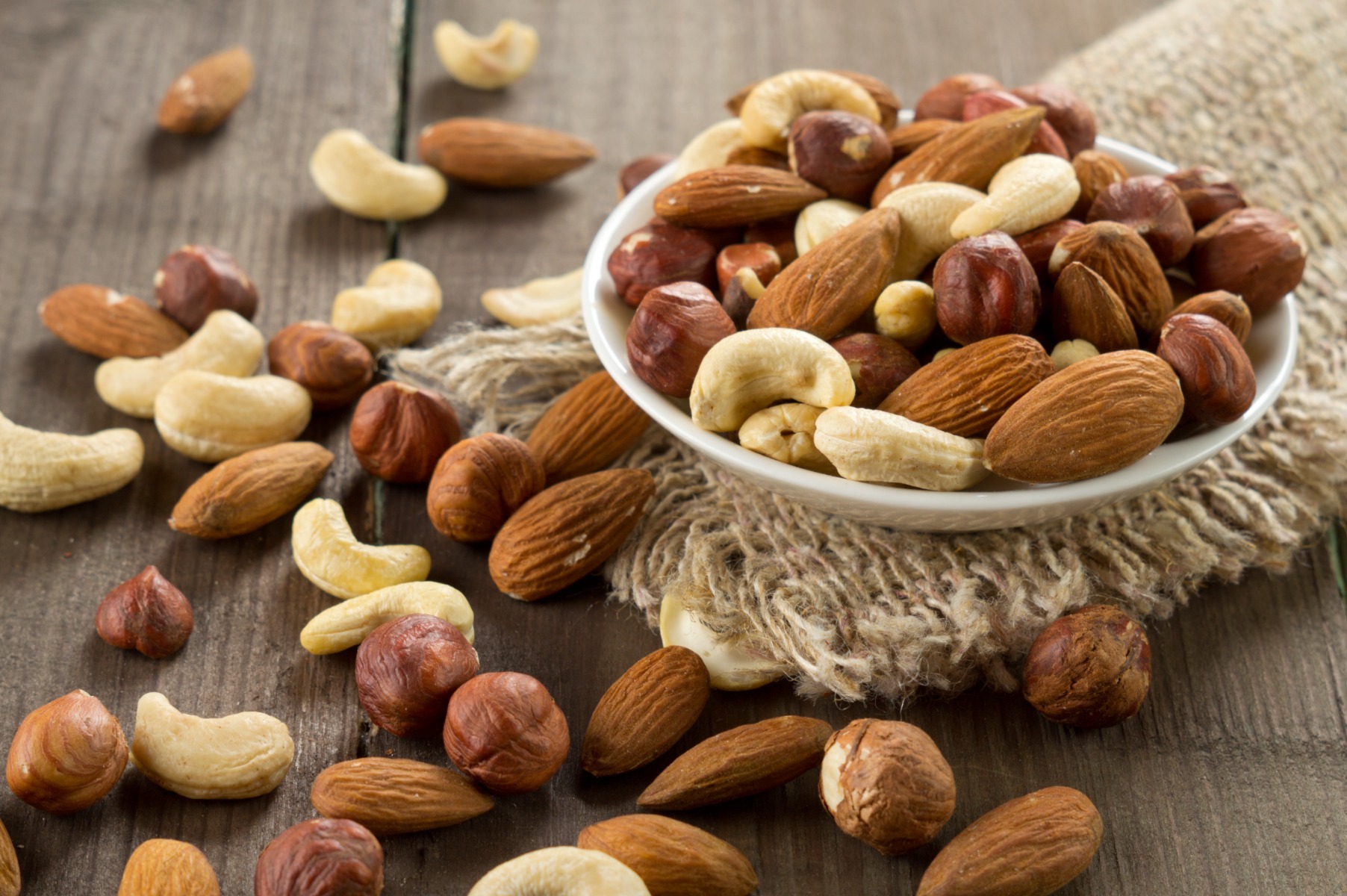
Nuts save lives as scientific evidence reveals that eating nuts can cut the risk of heart disease, cancer and early death.
Their findings show that just 20 grams of nuts a day can also slash the risk of diabetes and respiratory disease. That daily handful of nuts can save lives and cut your risk of dying early by a fifth.
The results emerge from an analysis of 20 studies into the diet and health of population groups involving over 800,000 people. The new research was carried out by Imperial College, London. It showed that people who ate at least 20 grams of nuts a day cut the chance of developing heart disease by 29 per cent, cancer by 15 per cent and stroke by 7 per cent.
Also, the risk of dying from respiratory disease was reduced by 52 per cent, and of death from diabetes by 39 per cent.
The people in the studies eat a range of nuts including walnuts, almonds, hazelnuts, cashews, pistachios, brazils, pecans and peanuts. All types protected against heart disease and early mortality. But while peanuts were more effective against stroke, tree nuts had most impact on cancers.
While research has previously shown how effective eating nuts can be in foiling heart disease this study, published in the journal BMC Medicine, is the first to make it clear how effective they are in fighting a range of other conditions including cancer and stroke. The reports co-author Dr. Dagfinn Aunne of Imperials School of Public Health, said 'We found a consistent reduction in risk across many different diseases. It is quite a substantial effect for such a small amount of food. Nuts are high in fibre, magnesium and polyunsaturated fats nutrients that are beneficial for cutting cardiovascular disease and which can reduce cholesterol levels. Some nuts particularly walnuts and pecans are also high in antioxidants which can fight oxidative stress and possibly reduce cancer risk'.
The study showed that people who ate at least 20gms of nuts a day cut the chance of developing heart disease by 29 per cent.
The researchers calculated that across the regions covered by their study North and South America, Europe, Southeast Asia and the Western Pacific nuts save lives and over 4 million deaths could have been avoided if everybody had been eating 20g of nuts on a daily basis. The report concludes: These findings support dietary recommendations to increase nut consumption to reduce chronic disease and mortality.
The Good Nut Guide
Walnuts
Recommended by the NHS as a key source of the Omega 3 essential fatty acids for heart health. Plus, antioxidants and Vitamin B6, calcium, iron and zinc. Walnuts have been shown to boost brain power.
Almonds
One handful gives 12 per cent of your daily protein need, a third of your Vitamin E and a quarter of your magnesium. Then theres calcium, potassium and antioxidants. Plus, folic acid, zinc, selenium, niacin and iron. Brazils The best food source of selenium, the mineral which is also an important antioxidant. Also, an excellent source of fibre plus Vitamin E for cell protection, B vitamins, phosphorous, for bone and teeth, magnesium, zinc and potassium.
Cashews
Rich in mono-unsaturated fatty acids which help lower harmful LDL cholesterol and increase good HDL cholesterol. They also have vital minerals including copper, magnesium for bone health, phosphorous, manganese and zinc.
Hazelnuts
Rich in good fats notably oleic acid. One ounce has a tenth of your daily fibre need. Also, an excellent source of Vitamin E, the antioxidant which protects cell membranes and maintains healthy skin and eyes. Plus, the whole range of B vitamins.
Pistachios
High in potassium, the electrolyte that helps maintain the nervous system and Vitamin B6 that helps convert food into energy and form red blood cells. Also, a source of the minerals copper, iron and magnesium.
Pecans
Key source of flavenoids, the plant based nutrients that have powerful antioxidant and anti-inflammatory properties. Protein and fibre-rich they also have vitamins from the B group as well as A and E. Also, calcium, potassium, folic acid, phosphorus, zinc and magnesium.
Peanuts
Great source of antioxidants and monounsaturated fats. Contain resveratol the flavenoid found in red wine which may explain the peanut link with reduced stroke risk. Also, rich in fibre and protein and contain copper, zinc, potassium and B vitamins.
Therefore, if you like nuts, then continue snacking on them but, on the other hand watch portion size!
Source: BMC Medicine
